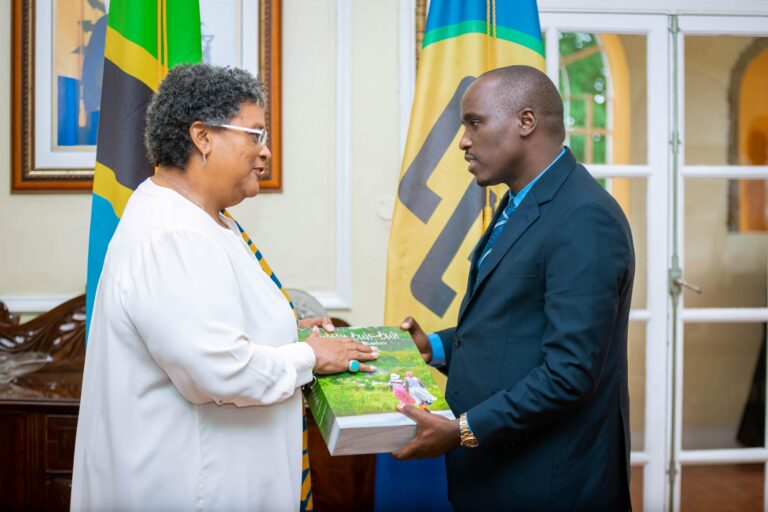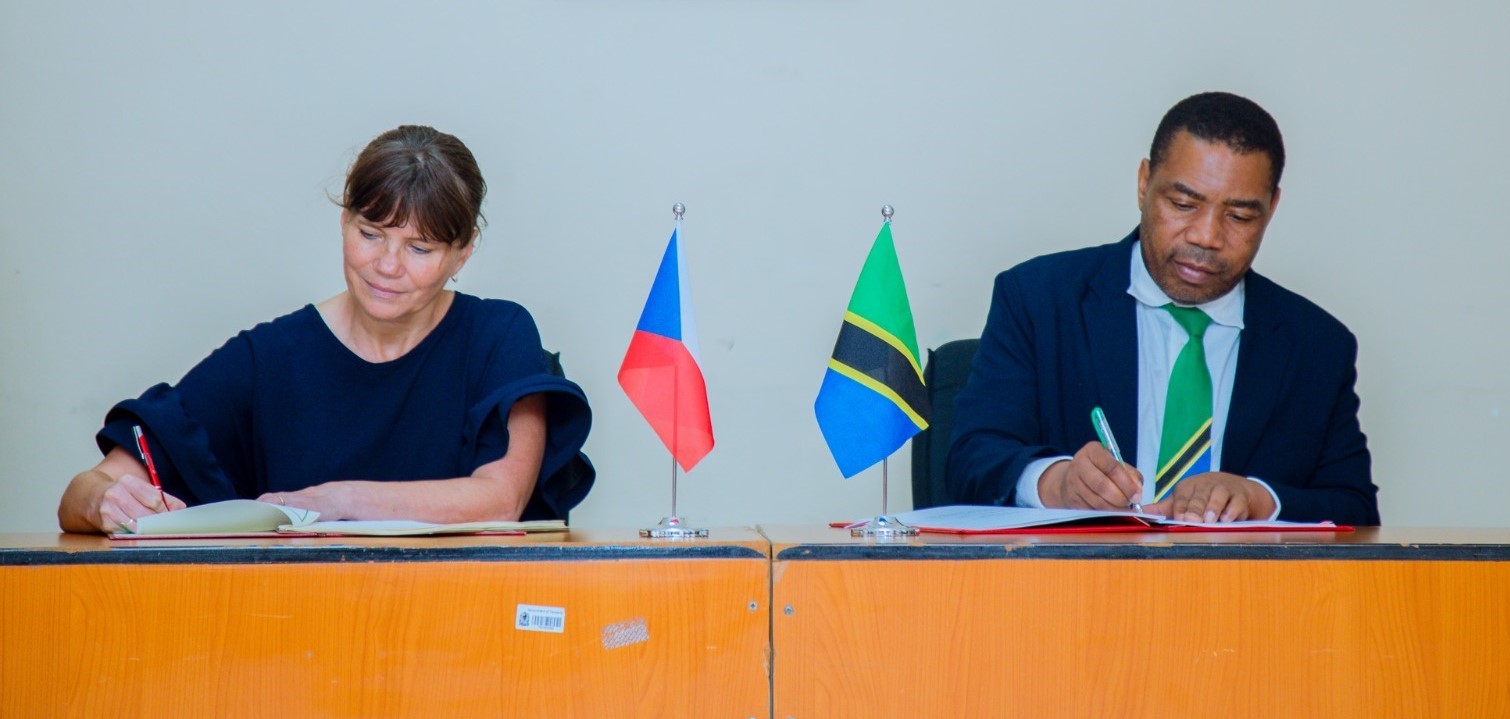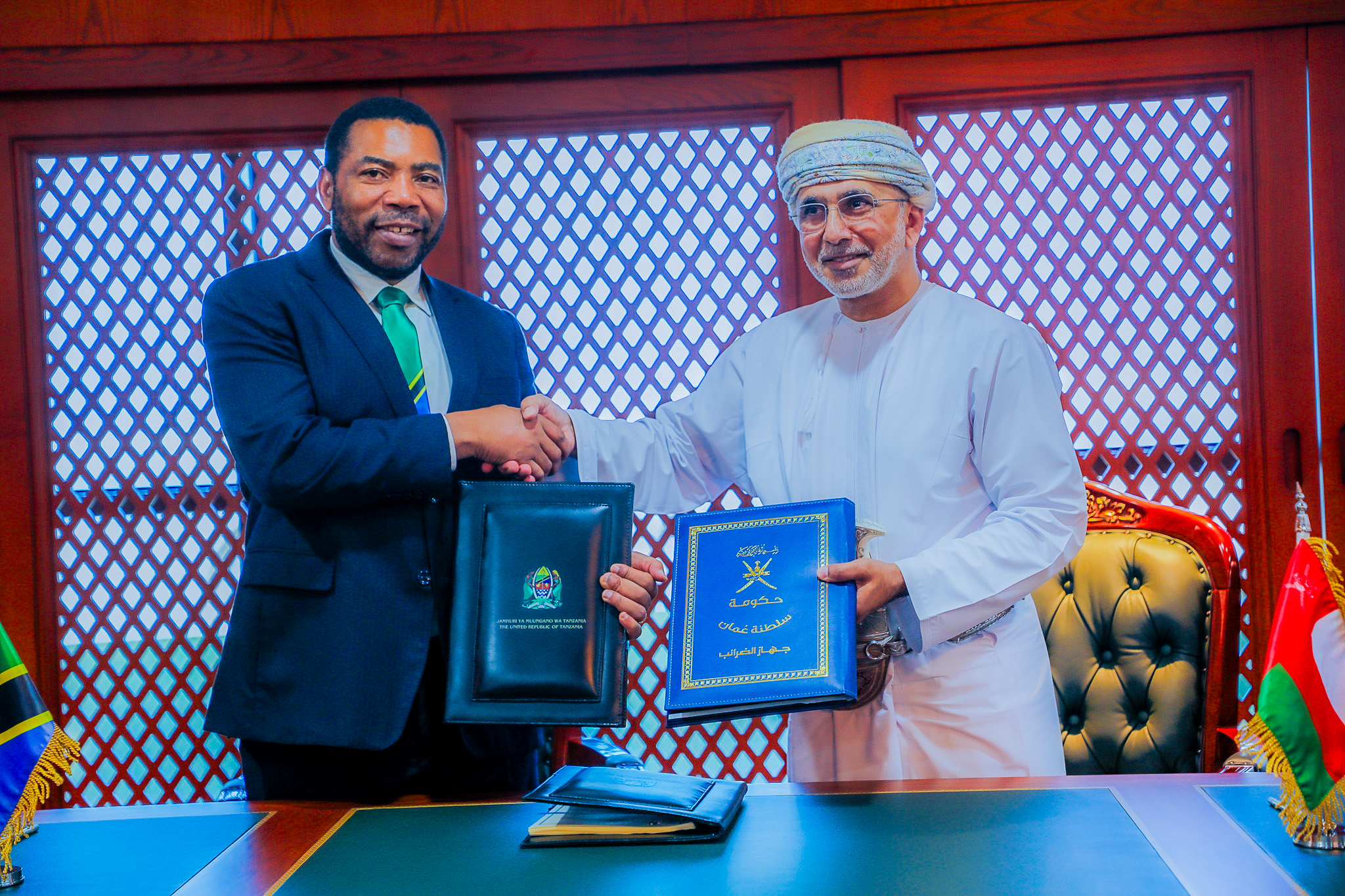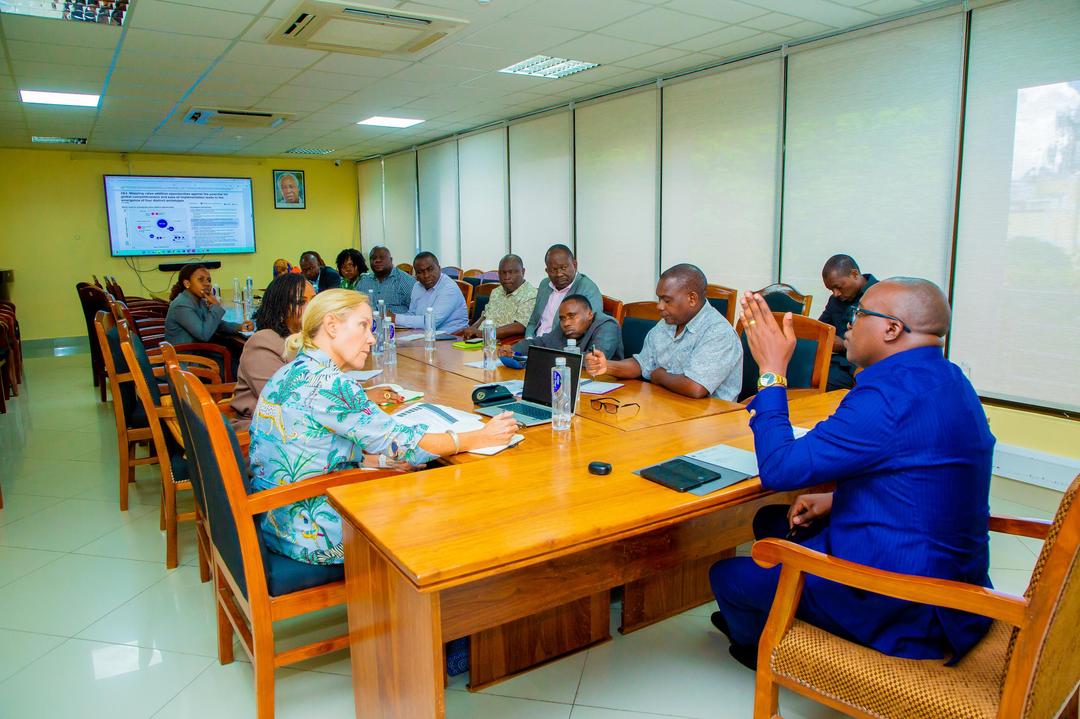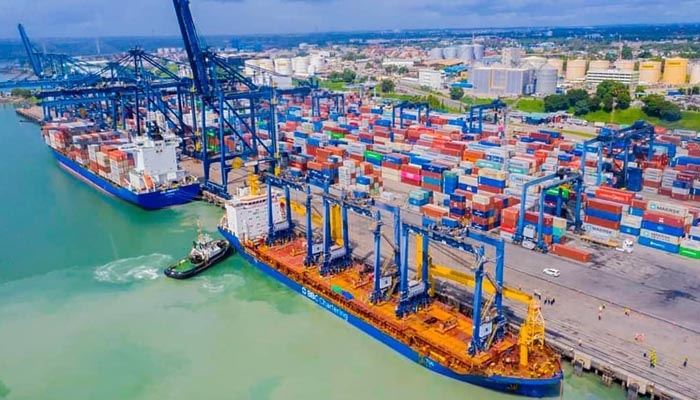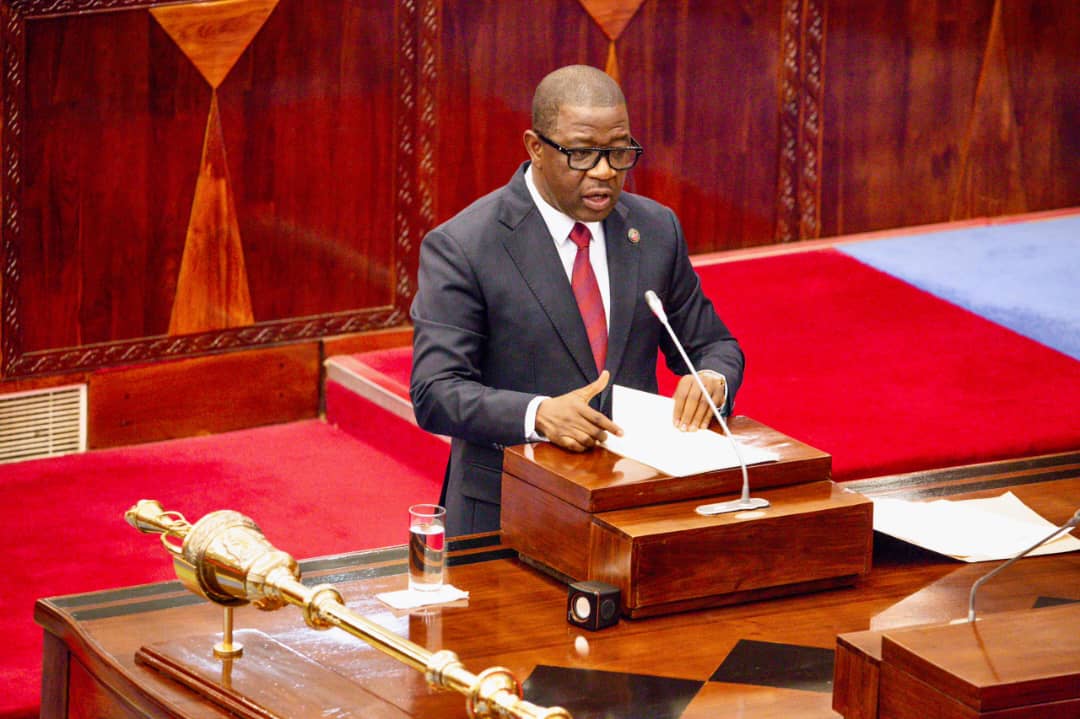Dar es Salaam. Tanzania and Barbados have formalized an agreement to cement cooperation across four critical areas: tourism, technical training, water management, and infrastructure development.
This strategic alignment was solidified over the weekend during a meeting between Tanzania’s Deputy Prime Minister and Minister for Energy, Dr Doto Biteko, and Barbados’ Prime Minister, Ms Mia Mottley, in Bridgetown.
Dr Biteko was accompanied by key officials, including the Minister for Water and Energy from Zanzibar, Mr Shaib Kaduara; the Permanent Secretary of the Ministry of Energy, Mr Felchesmi Mramba; the Tanzanian Ambassador to Cuba, Mr Humphrey Polepole; and the Presidential Advisor on Energy and Community Development, Ms Angellah Kairuki.
Their presence underscores the significance of this partnership, reflecting a growing recognition of the interdependence of nations in addressing common challenges and leveraging opportunities for mutual growth.
Dr Biteko stated that the proposals discussed are promising and could lead to positive outcomes after being analyzed by experts in the relevant sectors through the ministries responsible for diplomatic affairs.
He emphasized that the government of Tanzania, under the leadership of President Samia Suluhu Hassan, is continuing its Clean Cooking Energy campaign, which aims to enable 80 percent of energy users to transition away from non-clean energy sources by 2034.
Tourism as a catalyst for economic growth
Tourism emerged as a central theme in the discussions, with Prime Minister Mottley highlighting the potential for collaborative strategies that could bolster visitor numbers between Barbados and Tanzania.
Both regions possess rich cultural heritage and natural beauty that, when marketed effectively, could attract international tourists.
By promoting joint tourism initiatives, both countries stand to benefit economically, creating jobs and stimulating local businesses.
This approach not only enhances economic stability but also fosters cultural exchange, enriching the experiences of visitors and locals alike.
Technical training and skills exchange
The agreement also emphasizes technical training and skill exchange, addressing a critical need in both countries.
As economies evolve, the demand for skilled labor in emerging sectors, particularly in renewable energy and sustainable practices, is paramount.
By facilitating knowledge transfer and training programs, Tanzania and Barbados can build a more competent workforce equipped to meet the demands of the 21st century.
This collaboration can also mitigate skills gaps, particularly in infrastructure development, where expertise is crucial for the successful execution of projects.
Water management: A shared challenge
Water management represents another focal point of cooperation.
With climate change posing significant threats to water resources globally, both nations face challenges in ensuring sustainable water supply and quality.
By exchanging best practices and expertise in water management, Tanzania and Barbados can develop resilient systems that address local needs while promoting sustainability.
This collaboration is particularly timely, as it aligns with global efforts to achieve the United Nations Sustainable Development Goals (SDGs), particularly Goal 6, which aims to ensure availability and sustainable management of water for all.
Infrastructure Development for Future Growth
Infrastructure development is the final pillar of the agreement. Both countries recognize that robust infrastructure is essential for facilitating trade, tourism, and overall economic development.
Collaborative efforts in this area could lead to improved connectivity and accessibility, enhancing the flow of goods and services.
Furthermore, such investments can attract foreign direct investment (FDI), as improved infrastructure often signals a conducive environment for business operations.

